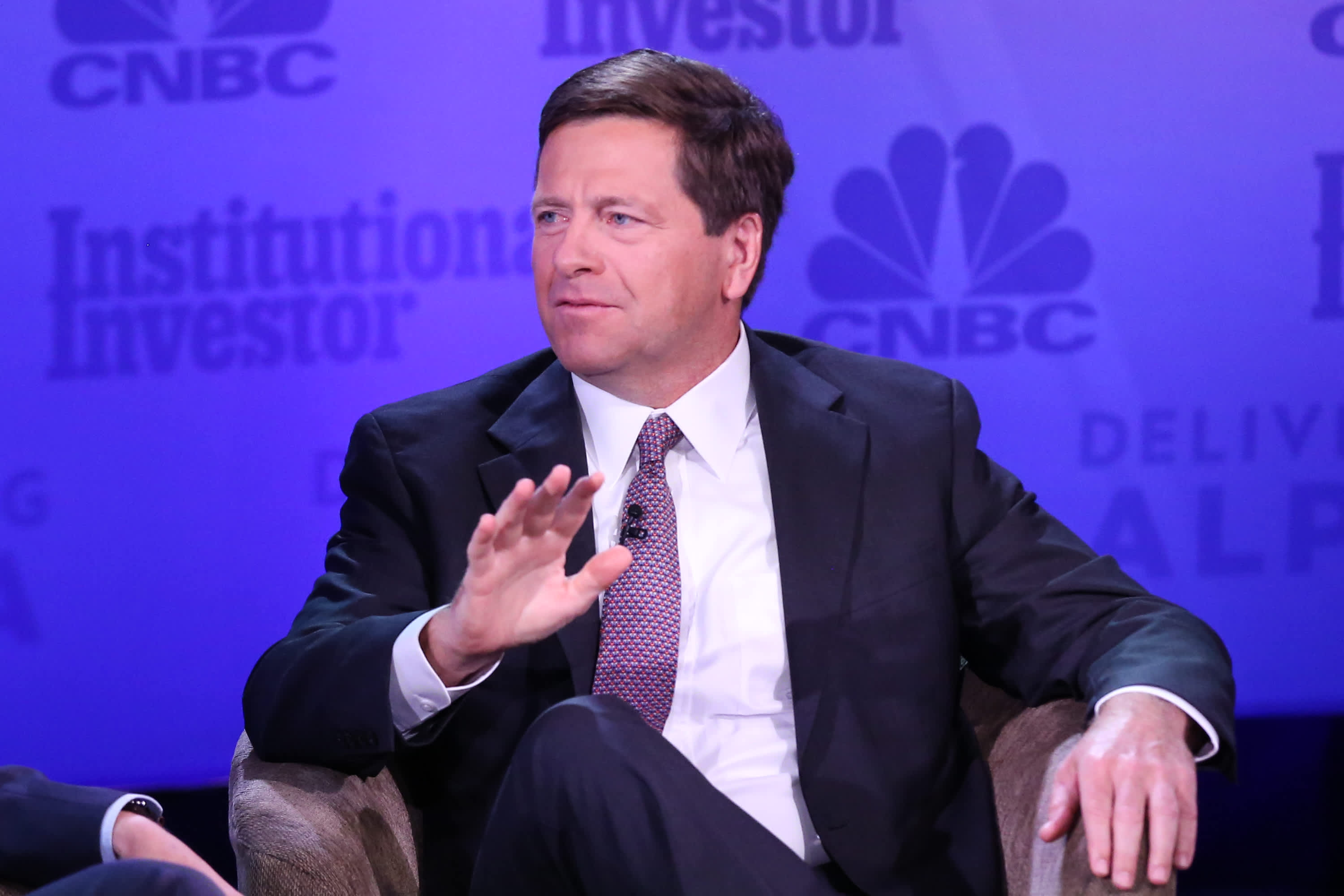
As he prepares to leave office at the end of the year, Securities and Exchange Commission Chairman Jay Clayton said one of his biggest achievements has been leveling the playing field for smaller investors.
An example, he said, has been the commission’s efforts to make sure the retail crowd has had equal access to private markets, which often are the purview of more deep-pocketed investors.
“One of the things we’ve tried to do is make sure our Main Street investor can sit side by side with professional investors in those opportunities,” Clayton told CNBC’s Andrew Ross Sorkin during a “Squawk Box” interview. “That’s been a driving force here.”
Following tradition in which SEC chairs traditionally step down when the presidency changes hand, Clayton said he will leave at the end of the 2020 though his full term runs through June 2021.
During his run, the commission had been considered somewhat more hands-off than some of its predecessors, even though the SEC set a new mark this year with $14 billion in financial remedies.
“Maybe it’s my personality. Whatever it is, I believe in investors. I also believe in investing. You have to have good companies to invest in. We have tremendous companies in this country,” Clayton said.
“That said, if somebody does something wrong, we’re going to whack them,” he added.
Clayton closes his term by lending support for amending the 10b5-1 trading plan to provide for a “cooling off” period when company executives can sell their shares. He said during a Senate hearing that there should be a time period of up to six months from when a trading plan is established for an executive to the time the securities can be sold.
Doing so, he told CNBC, “gives people greater confidence that you haven’t tried to time the market.” He called it part of “good corporate hygiene” to eliminate the appearance of impropriety.
The issue has been in the news again lately as pharmaceutical company executives have sold shares through those plans in the wake of positive news on coronavirus-related trials.




